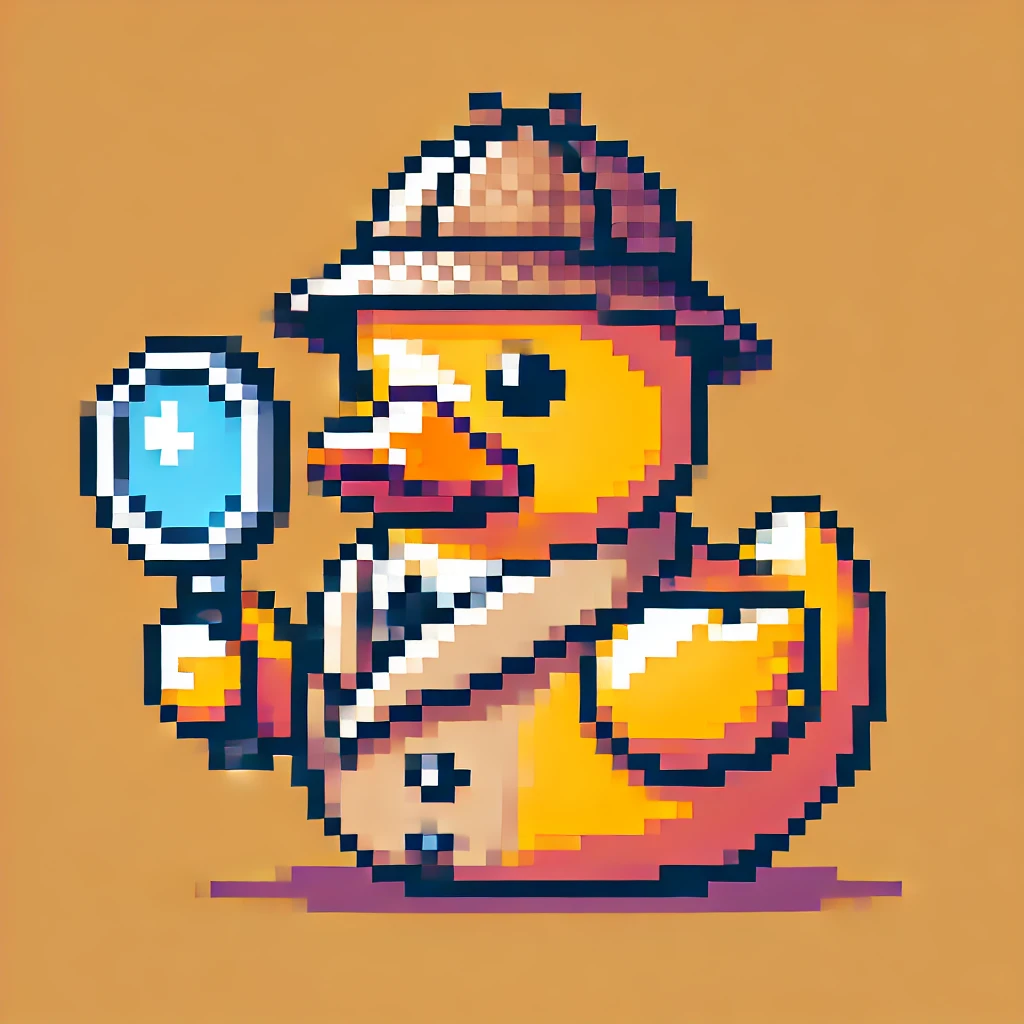- Published on
How to bundle your lambda with external dependencies by using PythonFunction
- Authors

- Name
- Katherine Moreno
Introduction
In this Post I'll explain you how to use the PythonFunction library to bundle external dependencies.
How to use PythonFunction
IMPORTANT
As a Pre Requisite we need to have installed Docker as PythonFunction uses it to bundle the dependencies.
WARNING
PythonFunction is an alpha library, meaning that changes are constant and AWS does not guarantee retrocompatibility with previous previsions.
Example of use case: We are trying to deploy a dummy lambda which uses the numpy
Create a new folder called 'lambda' this folder will contain two files. The requirements file which will contain the dependencies to be bundled alongside our lambdas/
numpy==2.0.0
And the my_lambda.py an example of lambda using the library defined on our requirements.txt
import numpy as np
def handler(_event, _context):
return np.random.randint(1, 10)
Now our folder should look like something like this
lambda -> requirements.txt
-> my_lambda.py
And in on our Stack we can define our lambda by using PythonFunction
from aws_cdk import Stack
from aws_cdk.aws_lambda import Runtime
from aws_cdk.aws_lambda_python_alpha import PythonFunction
from constructs import Construct
class MyStack(Stack):
def __init__(self, scope: Construct, construct_id: str, **kwargs) -> None:
super().__init__(scope, construct_id, **kwargs)
PythonFunction(
self,
"AWSCdkDependenciesV3Lambda",
runtime=Runtime.PYTHON_3_11,
index="my_lambda.py", # Path to the directory with the Lambda function code
entry="./lambda", # This is where it's the location of the folder which contains the definition of our dependencies
description='This is a lambda using PythonFunction'
)
The entry folder should point to the folder which contains the definition of the requirements
The dependencies can not only be defined, but they can also be defined with a Pipfile or a poetry.lock
As the AWS Documentation of PythonFunction describes
Lambda with a requirements.txt
.
├── lambda_function.py # exports a function named 'handler'
├── requirements.txt # has to be present at the entry path
Lambda with a Pipfile
.
├── lambda_function.py # exports a function named 'handler'
├── Pipfile # has to be present at the entry path
├── Pipfile.lock # your lock file
Lambda with a poetry.lock
.
├── lambda_function.py # exports a function named 'handler'
├── pyproject.toml # your poetry project definition
├── poetry.lock # your poetry lock file has to be present at the entry path
Thanks for your reading, enjoy your smart lambda!